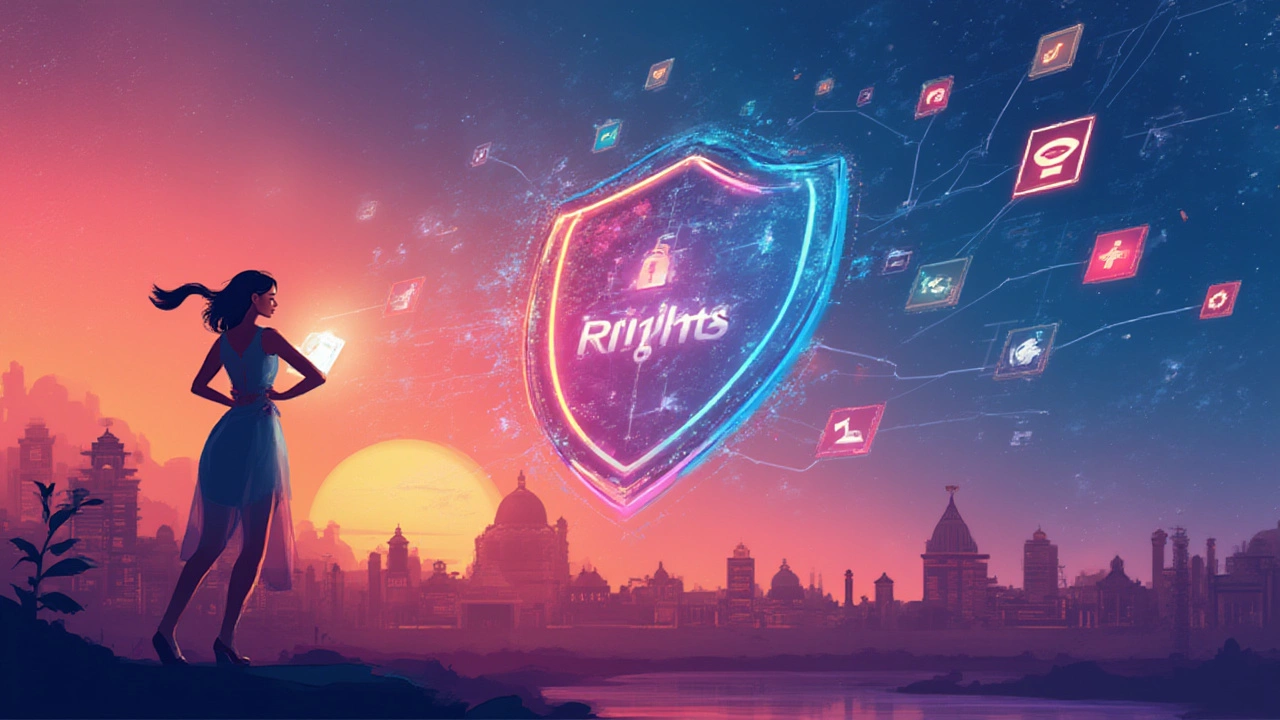California Privacy Law: What You Need to Know Right Now
If you live in California or do business with Californians, the state's privacy rules affect you daily. The most talked‑about law is the California Consumer Privacy Act (CCPA), which gives people more control over their personal info. Since its launch, the law has grown, adding new duties for companies and fresh rights for users. Below you’ll find the core points, the latest changes, and simple steps you can take to stay compliant.
Core Rights Under the CCPA
Consumers can ask businesses for three things: a copy of the data they hold, a list of companies they share that data with, and a request to delete the info. They can also say no to the sale of their data – that’s the famous "opt‑out" button you see on many websites. If a company refuses or mishandles a request, the consumer can sue for up to $7,500 per violation.
These rights apply when a business meets any of these thresholds: gross revenue over $25 million, buys/sells personal info of 100,000+ Californians, or derives 50%+ of its revenue from selling personal data. Small firms below those numbers are usually exempt, but many still choose to follow the rules because customers expect it.
Recent Updates You Should Track
In 2023 California added the California Privacy Rights Act (CPRA), which builds on the CCPA. The CPRA creates a new enforcement agency – the California Privacy Protection Agency – and introduces a "right to correction," letting people ask businesses to fix inaccurate data. It also expands the definition of "sale" to include sharing data for monetary benefit, even if no money changes hands.
Another big change is the 12‑month look‑back period for data‑breach notifications. Companies now have to inform affected Californians within 30 days of discovering a breach, and they must provide a clear description of what happened and what steps users can take.
Finally, the CPRA sets a higher bar for minors. If a user is under 16, they need explicit parental consent before any data can be sold. For kids under 13, the consent requirement is even stricter, mirroring federal COPPA rules.
Staying on top of these updates can feel overwhelming, but a few practical habits make it easy.
Practical Tips for Consumers
- Look for the "Do Not Sell My Info" link on any website you visit. Clicking it should stop your data from being sold.
- Periodically request a copy of your data. Most companies offer an online form; use it to see what they know about you.
- If you spot incorrect info, use the right‑to‑correction request. It’s usually a short email to the company’s privacy team.
Quick Checklist for Businesses
- Map all personal data you collect, store, and share. Knowing where the data lives is the first compliance step.
- Set up a simple web form for CCPA/CPRA requests. Automate acknowledgment emails so users know you’re working on it.
- Update contracts with third‑party vendors to include CCPA‑compliant data‑handling clauses.
- Train staff on breach‑notification timelines and the new 30‑day rule.
- Appoint a dedicated privacy officer or point person – the new agency expects a clear line of responsibility.
Both consumers and businesses benefit from a transparent approach. When people understand how their data is used, trust grows, and legal risks shrink. Keep an eye on the California Privacy Protection Agency’s website for guidance documents and template policies. Those resources are free and written in plain English, perfect for small firms without a full legal team.
Bottom line: California privacy law isn’t a one‑time hurdle; it’s an ongoing practice. By knowing your rights, asking for the data you deserve, and building simple processes to handle requests, you stay protected and avoid costly penalties. Start today – review your privacy settings, ask for that data copy, and make sure your business has a clear, up‑to‑date privacy policy. The effort you put in now pays off in peace of mind and a stronger reputation with California’s savvy consumers.

7 Essential Rights for Consumers Under the CCPA: Your Guide in 2025
Learn the seven key rights the California Consumer Privacy Act gives you, how they work, and ways to make sure businesses respect your privacy in 2025.